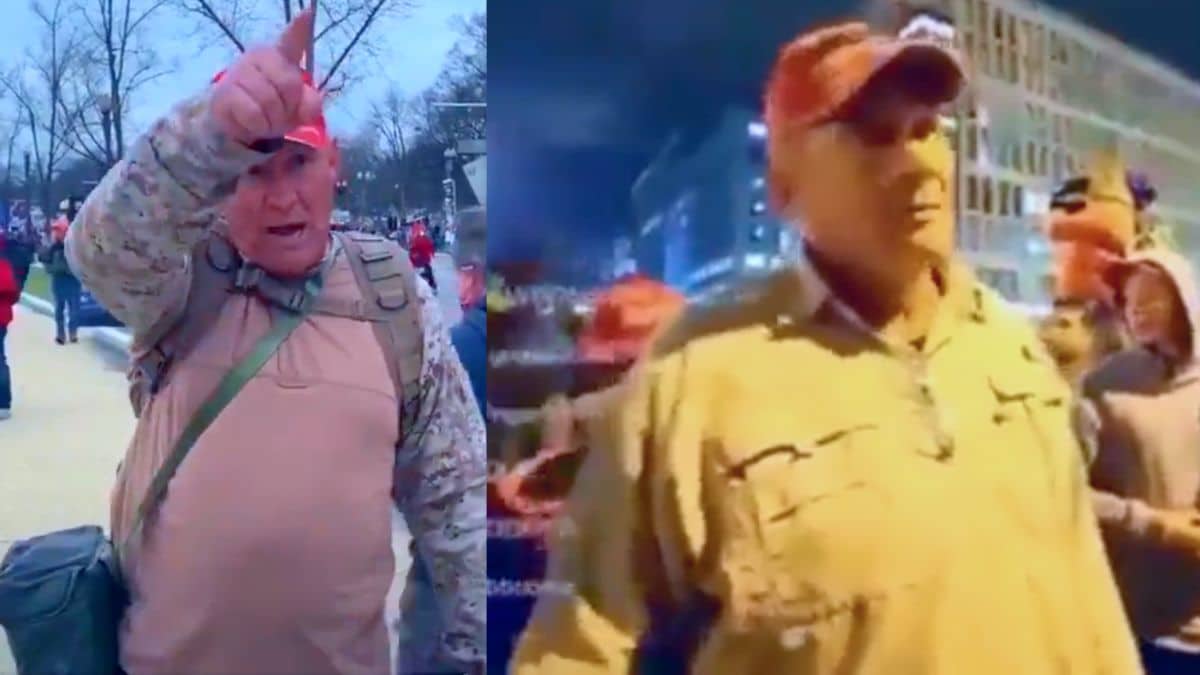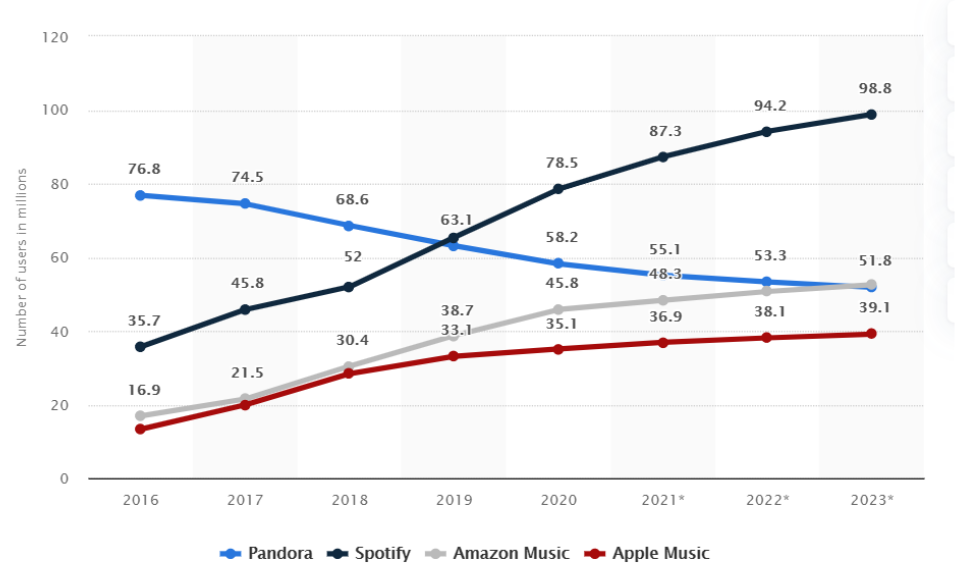January 6th Conspiracy Theories: Ray Epps' Defamation Case Against Fox News

Table of Contents
The Allegations Against Ray Epps and the Spread of Disinformation
The core of the Ray Epps defamation case rests on the false claims that he was a federal informant or instigator of the January 6th attack. This "FBI informant conspiracy" theory alleges Epps secretly urged individuals to breach the Capitol building. This misinformation, amplified significantly through social media and conservative media outlets like Fox News, painted Epps as a villainous figure orchestrating the events of that day. This constitutes a prime example of January 6th misinformation and the power of false narratives to shape public perception.
-
False Claims: Conspiracy theories falsely depict Epps' actions on January 5th and 6th, twisting his presence at the rally and near the Capitol into evidence of his supposed role as an instigator. These claims often ignore or distort readily available video evidence.
-
Fox News' Role: Specific Fox News segments and personalities, including Tucker Carlson, repeatedly promoted these false claims, contributing significantly to the spread of the "FBI informant conspiracy." Their statements formed the basis of Epps' defamation lawsuit.
-
Impact of Disinformation: The online disinformation campaign targeting Epps significantly impacted public perception, leading to online harassment, death threats, and a chilling effect on individuals' willingness to engage in legitimate political discourse.
Ray Epps' Defamation Lawsuit Against Fox News
Ray Epps filed a defamation lawsuit against Fox News, arguing that the network's false and defamatory statements caused him significant harm. The legal proceedings involve a complex analysis of the evidence presented, including video footage from the day of the riot and witness testimonies. The burden of proof lies with Epps to demonstrate that Fox News acted with actual malice – knowingly publishing false information or with reckless disregard for the truth. This is a high legal bar in defamation cases, particularly those involving matters of public concern.
-
Epps' Legal Arguments: Epps' legal team argues that Fox News knowingly broadcast false information about his involvement in the January 6th events, causing him reputational damage and significant emotional distress.
-
Fox News' Defenses: Fox News' legal team employed various defenses, likely arguing that the statements made were either opinion, protected under the First Amendment, or that they lacked actual malice.
-
Significant Rulings and Developments: The case has seen significant developments, including pretrial rulings and the potential for settlement or a full trial. The outcome will have profound implications for the media's responsibility in reporting on politically charged events.
Implications of the Case for Freedom of Speech and Media Responsibility
The Ray Epps defamation case highlights the crucial tension between freedom of speech and media responsibility. While the First Amendment protects freedom of expression, it does not shield media outlets from liability for knowingly spreading false information that causes demonstrable harm. The case's outcome will have a significant impact on future reporting of politically sensitive events and the fight against online disinformation.
-
Arguments for and Against Defamation Laws: Debate surrounds the application of defamation laws to media outlets, with some arguing that it infringes on free speech while others emphasize the need for accountability for irresponsible journalism.
-
Impact on Future Media Coverage: The case could lead to greater caution among news organizations in reporting on controversial events, potentially impacting the speed and depth of coverage.
-
Implications for Combating Misinformation: The outcome will influence the strategies employed by social media platforms and news organizations to combat misinformation and promote responsible media practices.
The Role of Social Media in Amplifying Conspiracy Theories
Social media algorithms and echo chambers played a significant role in amplifying the false narratives surrounding Ray Epps. These algorithms, designed to maximize engagement, often prioritize sensational and controversial content, leading to the rapid spread of misinformation. The creation of echo chambers, where users are primarily exposed to information confirming their existing beliefs, further entrenched the conspiracy theories.
-
Social Media Algorithms: Algorithms inadvertently prioritized and promoted content related to the Ray Epps conspiracy theories, making it more visible to users and contributing to its rapid spread.
-
Echo Chambers: Users within online communities already predisposed to distrust the government or the mainstream media were particularly susceptible to believing and spreading the false information about Epps, creating self-reinforcing echo chambers.
-
Content Moderation: The responsibility of social media companies in combating disinformation through effective content moderation strategies remains a subject of ongoing debate.
Conclusion
The Ray Epps defamation case against Fox News is a landmark legal battle with far-reaching implications. The case underscores the devastating impact of disinformation on individuals and the crucial role of media responsibility in combating the spread of false narratives, particularly concerning sensitive events like the January 6th Capitol riot. Understanding the dynamics of the "Ray Epps defamation" case is vital to understanding the broader challenges of misinformation in the digital age. We must all remain vigilant, critically evaluating information sources and actively challenging the spread of misinformation surrounding the January 6th events and other significant issues. Further research into the case and the broader context of January 6th conspiracy theories is strongly encouraged.

Featured Posts
-
 Voici Quelques Titres Optimises Pour Le Referencement
Apr 30, 2025
Voici Quelques Titres Optimises Pour Le Referencement
Apr 30, 2025 -
 Spotify Subscriber Count 12 Growth Fuels Positive Earnings Report Spot
Apr 30, 2025
Spotify Subscriber Count 12 Growth Fuels Positive Earnings Report Spot
Apr 30, 2025 -
 Pokhorony Papy Frantsiska Tramp Ne Isklyuchaet Vstrechi S Zelenskim
Apr 30, 2025
Pokhorony Papy Frantsiska Tramp Ne Isklyuchaet Vstrechi S Zelenskim
Apr 30, 2025 -
 Tramb Yhdhr Mstqbl Knda Mrtbt Baldem Alamryky
Apr 30, 2025
Tramb Yhdhr Mstqbl Knda Mrtbt Baldem Alamryky
Apr 30, 2025 -
 Gillian Anderson May Return To The X Files Reboot Details
Apr 30, 2025
Gillian Anderson May Return To The X Files Reboot Details
Apr 30, 2025
